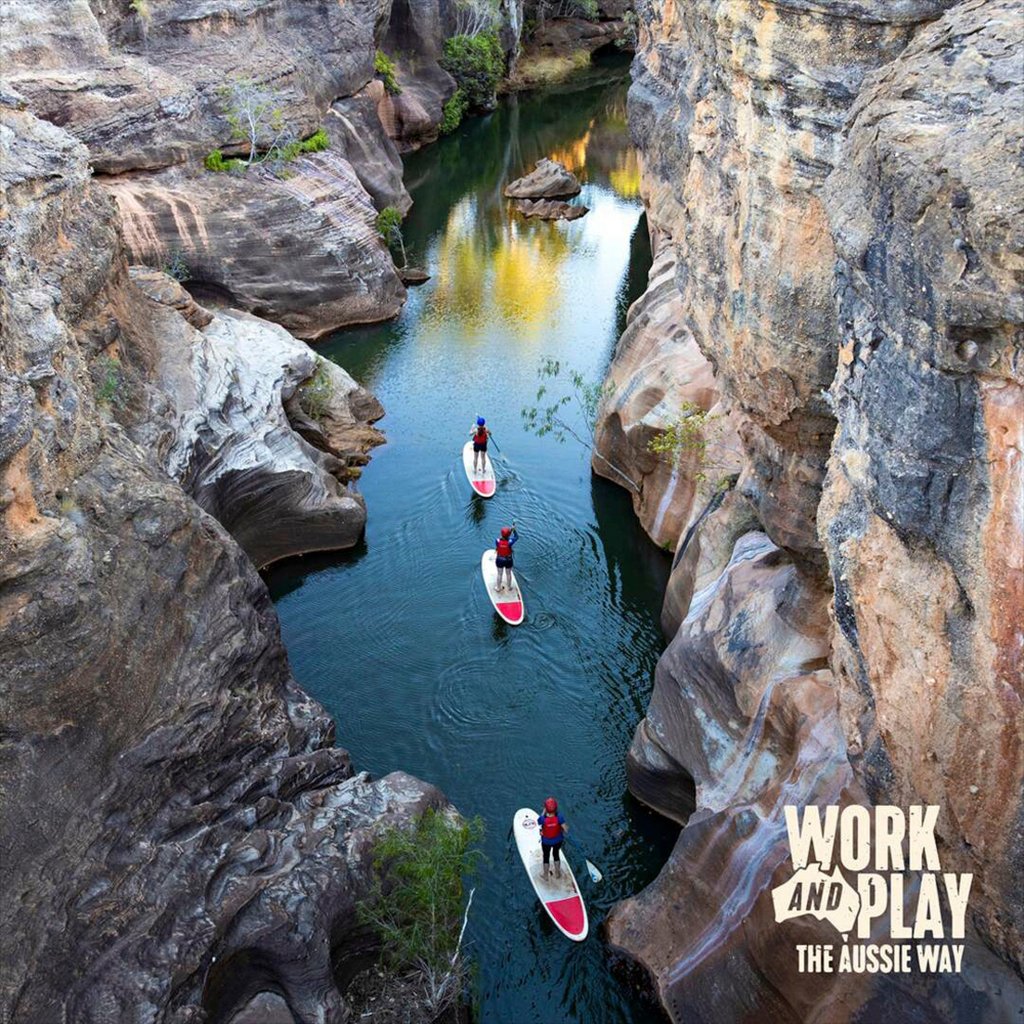Opinion | Legacy of ‘Fortress Australia’ policy: backpackers slow to return after border closure told them to ‘go home’
- The number of backpackers on working holidays in Australia declined with borders closed from March 2020 to February 2022, but have not recovered as hoped after borders reopened
- Australian farms have long depended on seasonal labour from backpackers on holiday but labour shortages have created more jobs in cities and fewer are turning to farm work

Backpackers on working holiday visas have been a crucial source of Australian farm labour for decades, alongside smaller numbers of temporary migrants from the Pacific Islands, international students, and locals.
Numbers declined with borders closed to visa holders from March 2020 to February 2022. But since borders reopened they have not recovered as hoped.
By the end of June, almost 100,000 Working Holiday Maker visas had been granted. But by the end of August, just 54,000 visa holders had arrived. With labour shortages creating more job opportunities in cities and towns, fewer are taking up farm work.

In regional communities facing extensive labour shortages there is growing uncertainty as to when – or indeed whether – enough backpackers will return to Australia to pick, pack, and process fruit and veggies.
.jpg?itok=_gp1zmnc&v=1667549404)